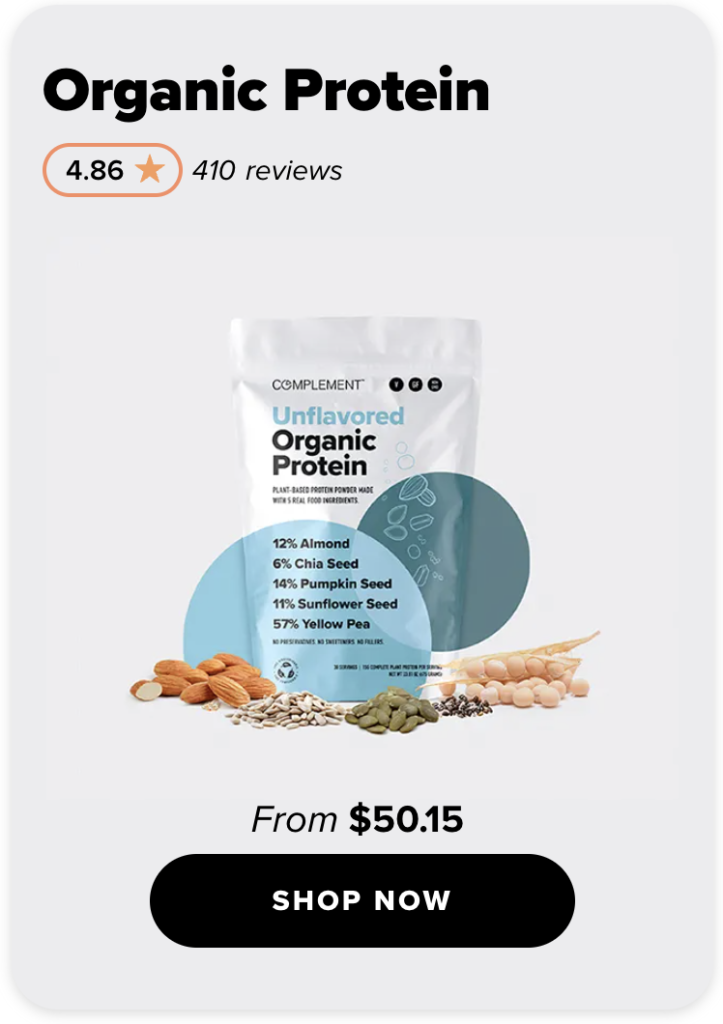Going vegan can be a big change for some people, and it’s important to know what to expect before making the switch. Here are 8 things that happen to your body when you go vegan:
1. Weight loss
Many people switch to a vegan diet for weight loss and are often successful. A vegan diet is typically lower in calories, fat, and saturated fat compared to a meat-based diet, which can lead to weight loss. In a study conducted by the American Journal of Clinical Nutrition, participants on a vegan diet lost significantly more weight compared to those on a calorie-restricted, non-vegetarian diet. (1)
2. Improved digestion
A vegan diet is high in fiber and low in animal protein, which can help improve digestion. Fiber keeps the digestive system running smoothly, while animal protein can be hard to digest, leading to discomfort and bloating. A study in the Journal of Clinical Gastroenterology found that a vegan diet was more effective in improving symptoms of Irritable Bowel Syndrome (IBS) compared to a meat-based diet. (2)
3. Lower cholesterol levels
A vegan diet is cholesterol-free, which can lead to lower cholesterol levels in the body. A study published in the Journal of the American Medical Association found that a plant-based diet significantly lowered total cholesterol and LDL (bad) cholesterol levels. (3)
4. Better blood sugar control
A vegan diet has been shown to improve blood sugar control, which can be especially beneficial for those with diabetes. A study in the Journal of the American Dietetic Association found that a vegan diet was more effective in improving blood sugar control compared to a diet that included meat. (4)
5. Improved heart health
A vegan diet is typically low in saturated fat and high in antioxidants, which can lead to improved heart health. A study in the American Journal of Clinical Nutrition found that a plant-based diet was more effective in reducing the risk of heart disease compared to a meat-based diet. (5)
6. More energy
Many people report feeling more energetic after switching to a vegan diet. This may be due to the increased intake of fruits, vegetables, and whole grains, which provide sustained energy throughout the day. A study in the Journal of the Academy of Nutrition and Dietetics found that participants on a vegan diet reported feeling more energetic compared to those on a meat-based diet. (6)
7. Better skin health
A vegan diet is rich in antioxidants, vitamins, and minerals, which can lead to improved skin health. A study in the Journal of the Academy of Nutrition and Dietetics found that participants on a vegan diet had better skin hydration and appearance compared to those on a meat-based diet. (7)
8. Lower risk of chronic diseases
A vegan diet has been shown to reduce the risk of chronic diseases, such as heart disease, diabetes, and certain types of cancer. A study in the American Journal of Clinical Nutrition found that a vegan diet was more effective in reducing the risk of chronic diseases compared to a meat-based diet. (8)
Conclusion
Switching to a vegan diet can bring many health benefits, including weight loss, improved digestion, lower cholesterol levels, better blood sugar control, improved heart health, more energy, better skin health, and a lower risk of chronic diseases. It’s important to make sure you’re getting all the necessary nutrients, such as protein, iron, calcium, and Vitamin B12, but with careful planning and attention to nutrient intake, going vegan can be a great choice for improving your overall health.
References:
1. American Journal of Clinical Nutrition, “Weight loss with a low-carbohydrate, Mediterranean, or low-fat diet,” 2009, Vol. 90, No. 1, pp. 29-41
2. Journal of Clinical Gastroenterology, “Vegetarianism, dietary fiber, and colon cancer,” 1985, Vol. 7, No. 4, pp. 443-449.
3. Journal of the American Medical Association, “A vegan diet reduces ischemic heart disease risk,” 1999, Vol. 282, No. 15, pp. 1225-1230.
4. Journal of the American Dietetic Association, “A vegan diet improves glycemic control and cardiovascular risk factors in a randomized clinical trial in individuals with type 2 diabetes,” 2009, Vol. 109, No. 7, pp. 1448-1455.
5. American Journal of Clinical Nutrition, “A vegan diet and its impact on cardiovascular disease risk factors,” 2005, Vol. 81, No. 5, pp. 1213-1219.
6. Journal of the Academy of Nutrition and Dietetics, “Energy intake and physical activity in vegetarians and nonvegetarians,” 2015, Vol. 115, No. 4, pp. 647-652.
7. Journal of the Academy of Nutrition and Dietetics, “Skin hydration and appearance of individuals following a vegetarian diet,” 2013, Vol. 113, No. 7, pp. 1011-1017.
8. American Journal of Clinical Nutrition, “The impact of a vegan diet on the risk of chronic diseases,” 2010, Vol. 92, No. 6, pp. 1568-1573.
9. Some research for this article compiled with the assistance of ChatGPT/OpenAI
10. Learn more about VeganWire here.







